About Tata Motors Cars
Tata Motors Limited, a flagship company of the Tata Group, is one of India’s largest and most respected automobile manufacturers. Established in 1945 as Tata Engineering and Locomotive Co. Ltd. (TELCO), the company initially focused on manufacturing locomotives and engineering products. Over the decades, Tata Motors has grown into a global player, known for its diverse portfolio of cars, commercial vehicles, and electric vehicles (EVs).
Early Years: Foundations in Engineering
Tata Motors began its journey by producing locomotives and industrial equipment. In 1954, the company entered the commercial vehicle sector through a partnership with Daimler-Benz, introducing India to a new era of robust trucks and buses.
The company’s commercial vehicles became an integral part of India’s infrastructure and industrial development, solidifying Tata Motors’ reputation for reliability and innovation.
1980s: Entry into Passenger Vehicles
In the 1980s, Tata Motors expanded into the passenger vehicle market. In 1988, the company launched the Tata Sierra, India’s first indigenous SUV. This was followed by the Tata Estate and Tata Sumo, which became iconic for their practicality and durability, especially in rugged Indian conditions.
These models were a stepping stone for Tata Motors as it laid the foundation for creating vehicles tailored to Indian needs.
1990s: Revolutionising the Indian Market
The 1990s marked a turning point with the launch of the Tata Indica in 1998. It was India’s first passenger car designed and manufactured entirely by an Indian company. The Indica was an instant success, known for its spacious design, fuel efficiency, and affordability, redefining the Indian automobile market.
Tata Motors’ focus on innovation and understanding the Indian consumer’s needs helped it stand out in a competitive market.
2000s: Global Expansion and Acquisitions
The early 2000s saw Tata Motors expanding its horizons. In 2004, the company made headlines by acquiring Daewoo Commercial Vehicle Company in South Korea. This acquisition strengthened Tata Motors’ position in the global commercial vehicle market.
In 2008, Tata Motors achieved a historic milestone by acquiring the iconic Jaguar Land Rover (JLR) brands from Ford. This acquisition transformed Tata Motors into a global automotive powerhouse, giving it access to world-class technology, design, and luxury expertise.
The company also made headlines with the launch of the Tata Nano in 2009, touted as the “world’s cheapest car.” The Nano aimed to make car ownership accessible to millions of Indians, embodying Tata’s vision of democratising mobility.
2010s: A Focus on Innovation and Sustainability
In the 2010s, Tata Motors focused on modernising its product lineup and integrating advanced technologies. Models like the Tata Tiago, Tata Nexon, and Tata Harrier showcased the company’s commitment to style, safety, and performance, helping it compete with global brands in India.
Tata Motors also ventured into electric mobility, launching the Tata Tigor EV and Tata Nexon EV, which quickly became some of the best-selling electric cars in India. The company’s Ziptron technology set benchmarks for range, safety, and performance in the Indian EV market.
Commercial Vehicles: A Global Leader
Tata Motors remains a leader in the commercial vehicle sector, offering trucks, buses, and defence vehicles tailored to diverse global markets. Its vehicles are renowned for their durability, efficiency, and adaptability, making Tata Motors a trusted name across industries.
The Tata Prima range of trucks and Starbus Ultra buses exemplify the company’s focus on innovation and sustainability in commercial mobility.
2020s: The EV Revolution and Sustainable Mobility
As the automotive industry shifts towards sustainability, Tata Motors has taken a leadership role in India’s electric mobility revolution. The company’s Nexon EV, Tiago EV, and Tigor EV have gained immense popularity, positioning Tata Motors as a pioneer in affordable and reliable electric vehicles.
Tata Motors is also working on a range of advanced EV platforms to cater to future mobility needs. By integrating renewable energy solutions from its sister company, Tata Power, Tata Motors is creating a comprehensive ecosystem for electric vehicle adoption.
Global Presence and Collaborations
Today, Tata Motors has a presence in over 125 countries and operates manufacturing facilities in India, the UK, South Korea, Thailand, and South Africa. The company continues to collaborate with global players to enhance its product offerings, focusing on innovation and sustainability.
Tata Motors has come a long way from its beginnings as a locomotive manufacturer to becoming a global automotive leader. Known for its innovation, sustainability, and focus on customer needs, Tata Motors continues to drive India’s automotive revolution while making its mark globally. With a strong emphasis on electric mobility, advanced technology, and safety, Tata Motors is not just a carmaker but a symbol of Indian engineering excellence and pride.
Tata Motors India Latest Update
- Tata Cars Sales in India: In November 2024, Tata sold 47,063 units which showed a slight YoY growth of 2.2%. On MoM the sales declined by 2.2% from October 2024.
- Recently, they introduced the CAMO special edition of the Tata Punch, featuring a striking new Seaweed Green color and first-in-segment features like a 10.25-inch infotainment system with wireless Android Auto and Apple CarPlay.
- Additionally, Tata Motors has launched the Nexon iCNG, India’s first Turbocharged CNG vehicle, and the Nexon.ev with an extended range.
Tata Motors Brand USP
Tata Motors' Unique Selling Proposition (USP) lies in its commitment to innovation, safety, and customer satisfaction. The brand is known for delivering high-quality, reliable vehicles that cater to a wide range of customer needs. Tata Motors emphasizes safety, with many of its vehicles achieving high ratings in GNCAP crash tests. The brand's diverse product portfolio, including commercial vehicles, passenger cars, and electric vehicles, showcases its dedication to providing comprehensive mobility solutions.
Tata Cars Price Range
Tata Motors offers a variety of vehicles across different segments and price points. The price of Tata cars in India starts at INR 5 lakh for the Tiago and goes up to INR 17.49 lakh for the Curvv EV.
Tata Motors Dealerships
Tata Motors has an extensive network of dealerships across India, ensuring that customers have easy access to their vehicles and services. You can find Tata Motors showrooms in major cities like New Delhi, Mumbai, Bangalore, Chennai, Kolkata, and Pune.
Tata Service Centers
There are over 423 Tata service centers across India, including in major cities like New Delhi, Mumbai, Bangalore, Chennai, Kolkata, and Pune. These service centers are equipped with trained technicians and genuine Tata parts to provide the best care for Tata vehicles.



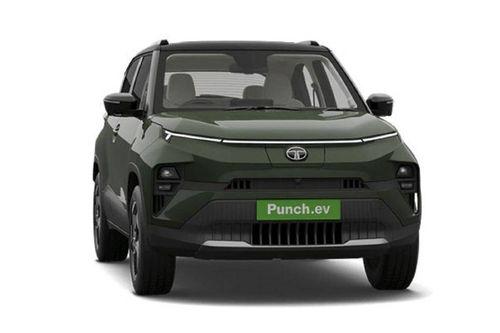
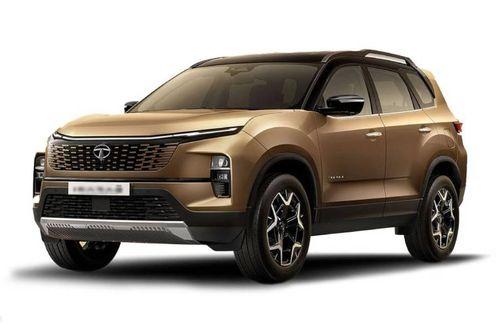
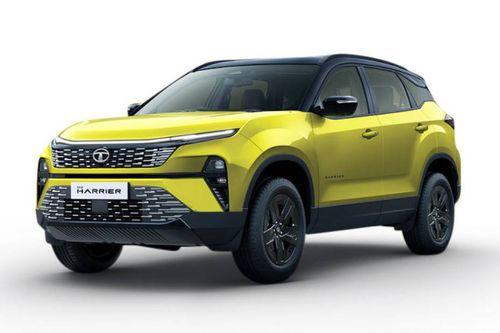
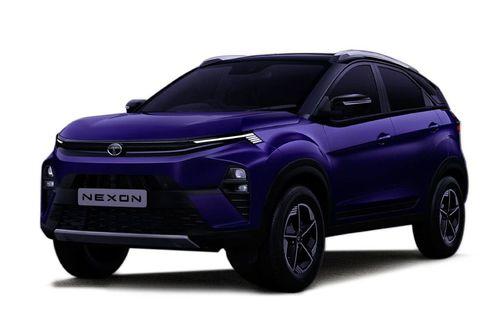
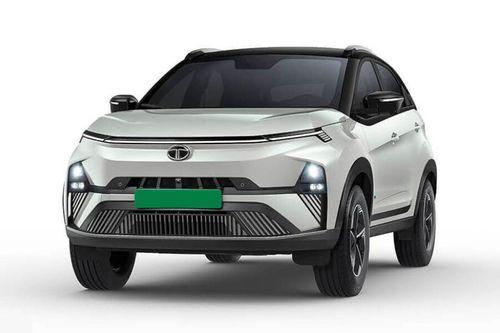
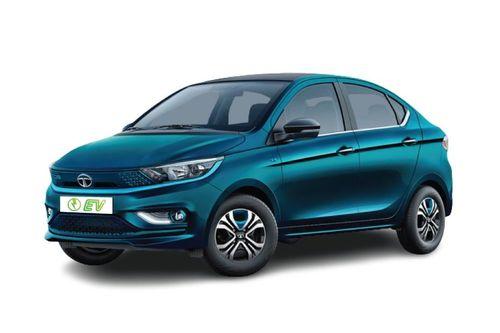
























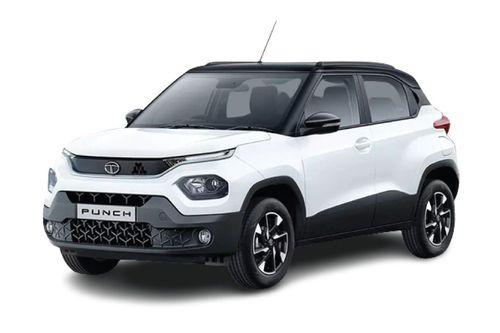
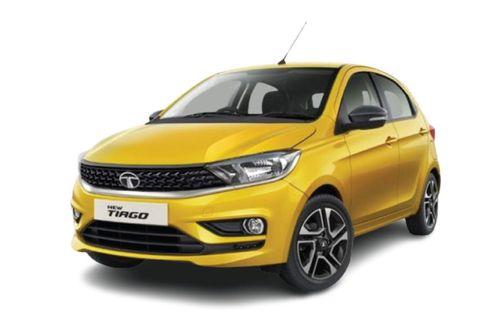
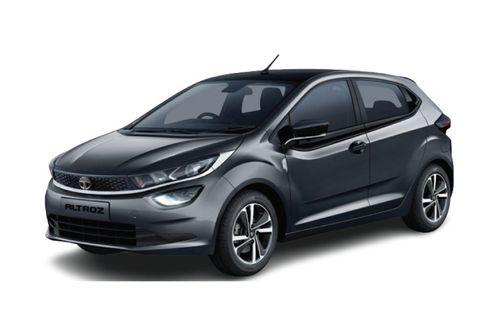
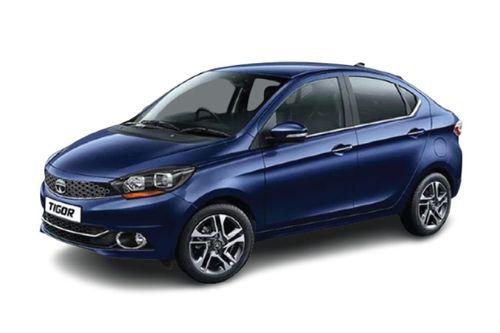

![Tata Safari [2015-2017] Tata Safari [2015-2017]](/_next/image?url=https%3A%2F%2Fd2uqhpl0gyo7mc.cloudfront.net%2Fsmall_Tata_Safari_2015_2017_e778fdcde0.jpg&w=3840&q=75)
![Tata Aria [2014-2017] Tata Aria [2014-2017]](/_next/image?url=https%3A%2F%2Fd2uqhpl0gyo7mc.cloudfront.net%2Fsmall_Tata_Aria_2014_2017_d4a58358f4.jpg&w=3840&q=75)

